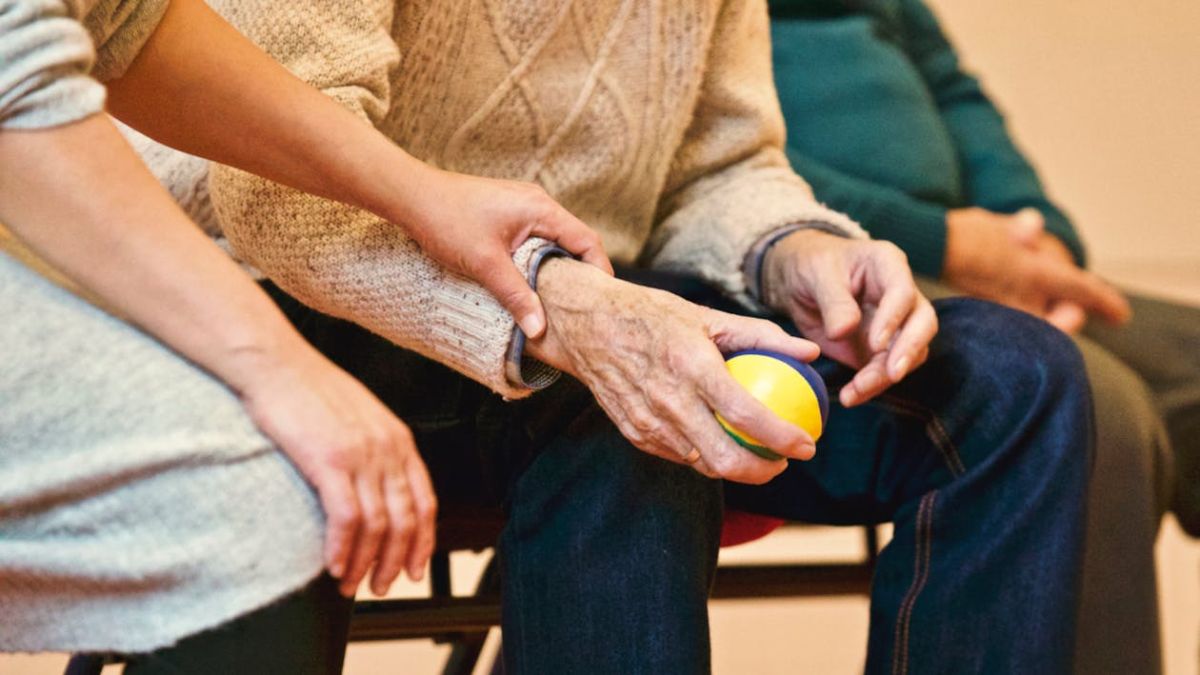Here we are. We’re sitting at home, isolated. We’re anxious about the health of ourselves and others we love. We’re getting through each day, slowly, tuning into the news, and hearing conflicting information. Among all this, some of us are grieving. Deaths from COVID-19 are suddenly turning lives upside-down.
The final days and hours of life are now different than we expected, and our mourning rituals and customs are no longer viable. More people are turning to technology to say goodbye and holding virtual funerals and shivas. How can we cope with all of this without physical human contact–without hands to hold or hugs to give?
Dying is different now than ever before. We’re unable to see each other at the times when we need it most. Even those who are dying are isolated, a heartbreaking thought. Death, grief, and mourning is painful enough in normal circumstances; with these additional stressors and the inability to say goodbye to those we’re losing, the potential for developing complicated grief increases. Complicated grief and normal grief may appear similar in the first few months after a loss; however, if these feelings do not fade over time or get worse, you may experience a more complicated form of grief.
Each person grieves differently. According to The Center for Complicated Grief at Columbia, you may experience the following reactions to a loss:
- A sense of disbelief
- Sadness
- Frequent thoughts and memories of the deceased
- Difficulty concentrating or being interested in anything other than the person who died
- Confusion, difficulty thinking clearly
- Sense of disconnection from others
- Yearning or longing
- Doing things to try to feel close to the person who died, or trying to avoid reminders that they are gone
It takes time to adapt to a loss and to learn to live with it. Grief comes in waves; it doesn’t fade on a steady decreasing line. You may find it helpful and validating to read the Mourner’s Bill of Rights from the Center for Loss and Life Transition.
However, if you’re finding that your feelings of grief are worsening over the months instead of slowly softening, you may be experiencing a more complicated form of grief. You may want to seek out professional support—talk to your doctor or mental health professional. In this time of social distancing, many mental health professionals are offering remote therapy. To find a therapist near you, click here, or you can explore online therapy on platforms like talkspace.com. If you are experiencing any thoughts of suicide, please talk to someone you trust. Please call 911 or the National Suicide Hotline number (1-800-273-TALK, or 1-800-273-8255) if you think you may act on these feelings.
How can we care for ourselves when those we love are very ill? Studies indicate that when someone is dying, having a meaningful connection, and being able to say goodbye are essential contributors to survivors coping with grief in a healthier way. The lack of these conversations at the end of life can contribute to a more complicated grieving process. However, the same study found that being present at the time of death was less critical to the grief process, so even if we are unable to be there in person, it is still beneficial to have these meaningful conversations through virtual means.
However, these conversations do not come easily. When I was in social work school, a hospice worker came in to speak to my class. She gave us the five phrases most people wish to say to someone who’s dying, and they resonated so strongly that I remember them years later. The phrases are:
Thank you
Please forgive me
I forgive you
I love you
Goodbye
When people don’t have a chance to say what needs to be said, they can stew on it for years. If you have loved ones who are alive, say your words now. Express your feelings now, even if your loved ones aren’t sick. Keep communicating these feelings over time, so you don’t leave anything unsaid when the time comes.
We are all isolating separately, but we are also all in this together. Keep communicating, keep loving, and keep going.





